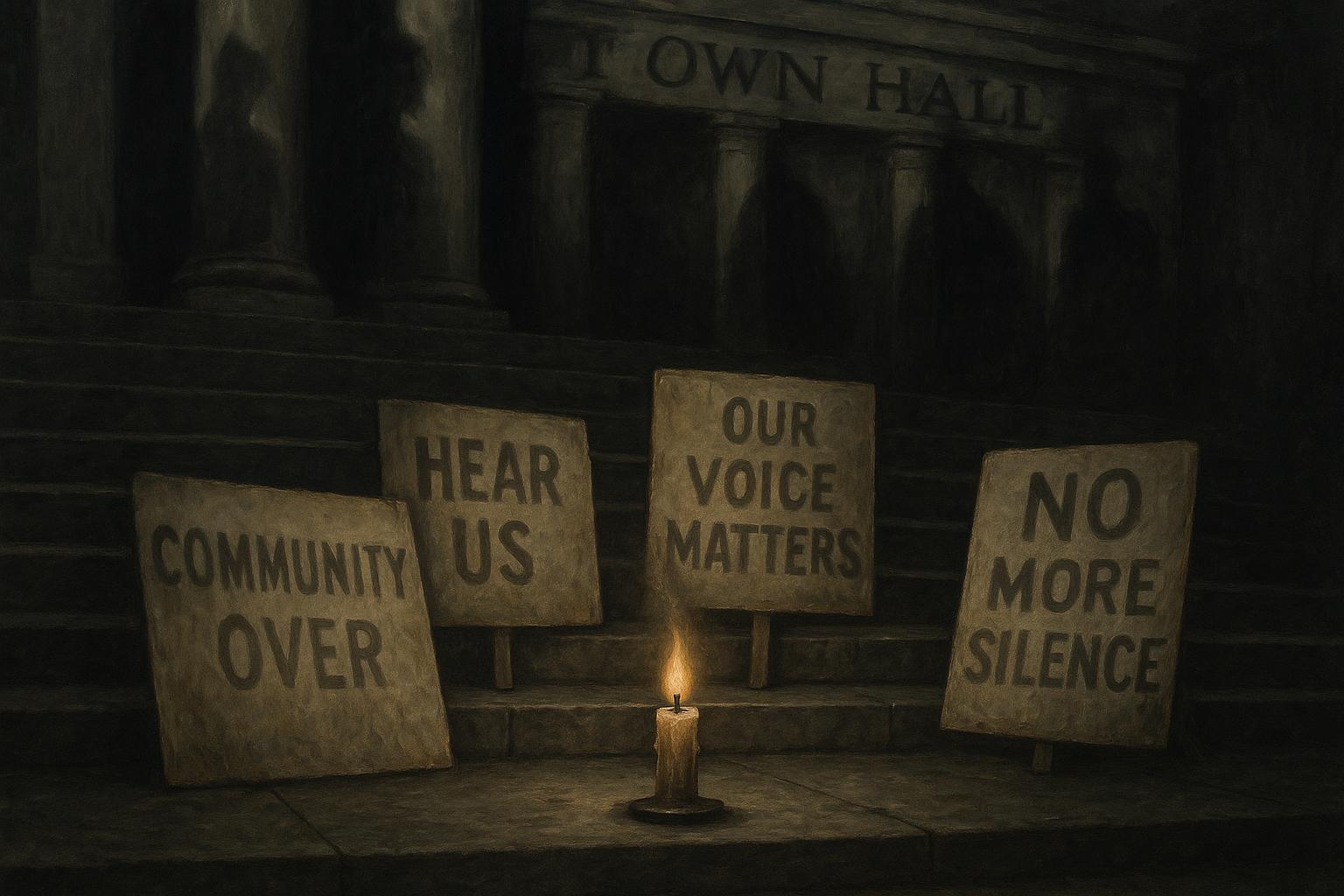The UK government’s push to overhaul the planning and judicial review process for large-scale infrastructure is yet another indication of their reckless prioritization of short-term development over genuine public accountability. By contemplating withdrawal from the Aarhus Convention—an international treaty that ensures public rights to environmental information and access to justice—they threaten to silence communities and disempower ordinary citizens from challenging environmental damage inflicted by vested interests.
Keith Garner’s historic legal challenge showcased the importance of the Aarhus Convention in safeguarding public interests against sprawling developments. His case, which successfully limited legal costs for ordinary individuals fighting harmful projects, was a crucial victory in holding councils and developers to account. The recent government plans to remove this safeguard by withdrawing from the convention would have the chilling effect of deterring community groups from opposing damaging developments—be they green spaces, allotments, or flood plains—rendering them powerless in the face of corporate and political expedience.
At the core of this reform initiative is a misguided attempt, led by Lord Charles Banner KC, to fast-track infrastructure projects by diminishing legal safeguards. While the government claims to seek efficiency, these proposals would drastically curtail public scrutiny. Limiting opportunities for judicial review—especially by removing the cap on claimant costs—would make it prohibitively expensive for communities to challenge decisions, effectively silencing dissent. Such measures are an attack not only on environmental protections but on the very democratic process that enables citizens to defend their local environment from unscrupulous development.
Promising alternative approaches, like reinstating parliamentary consent for major projects, are being brushed aside as mere alternatives rather than genuine solutions. The proposed fast-tracked, one-clause parliamentary process, which would bypass judicial review altogether, echoes the outdated and opaque “provisional orders” of the past—a relic of a time when community voices had little say in infrastructure decisions. This approach risks rubber-stamping projects without proper scrutiny, further undermining environmental safeguards and democratic oversight.
Among the most alarming proposals are clauses seeking to accelerate legal proceedings by removing the initial permission stage for judicial reviews and eliminating appeals deemed as having no merit. While these are dressed up as efficiency measures, they carry the dangerous potential of dismissing legitimate environmental and community concerns under the guise of expediency. This risks tipping the balance so far in favor of development interests that public interests and environmental protections are sacrificed on the altar of unchecked growth.
Legal professionals and the Law Society have voiced strong opposition, warning that these reforms threaten access to justice and weaken environmental safeguards. The government’s dismissive attitude towards these concerns reveals an alarming disregard for the fundamental rights of the public and the environment—values that should be at the heart of national policy, not sacrificed for expediency.
This ongoing push for reform underscores a clear governmental bias: the prioritization of rapid infrastructure delivery over environmental integrity and democratic accountability. It’s not just about speeding up projects; it’s about dismantling the safeguards that prevent reckless overdevelopment and protect local communities.
As the government considers these deeply flawed reforms, the threat to uphold Britain’s commitments under international treaties like the Aarhus Convention looms large. Such reckless actions serve only to deepen public mistrust and undermine the very fabric of environmental justice in this country. This isn’t progress—it’s a perilous retreat from the principles that keep our environment and communities protected.
Source: Noah Wire Services
